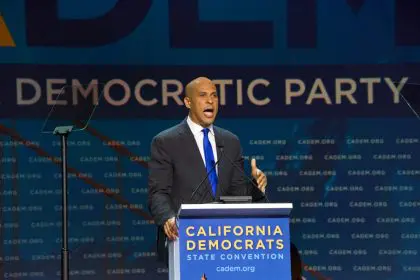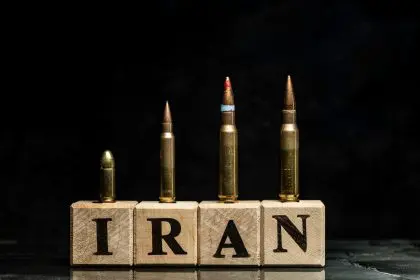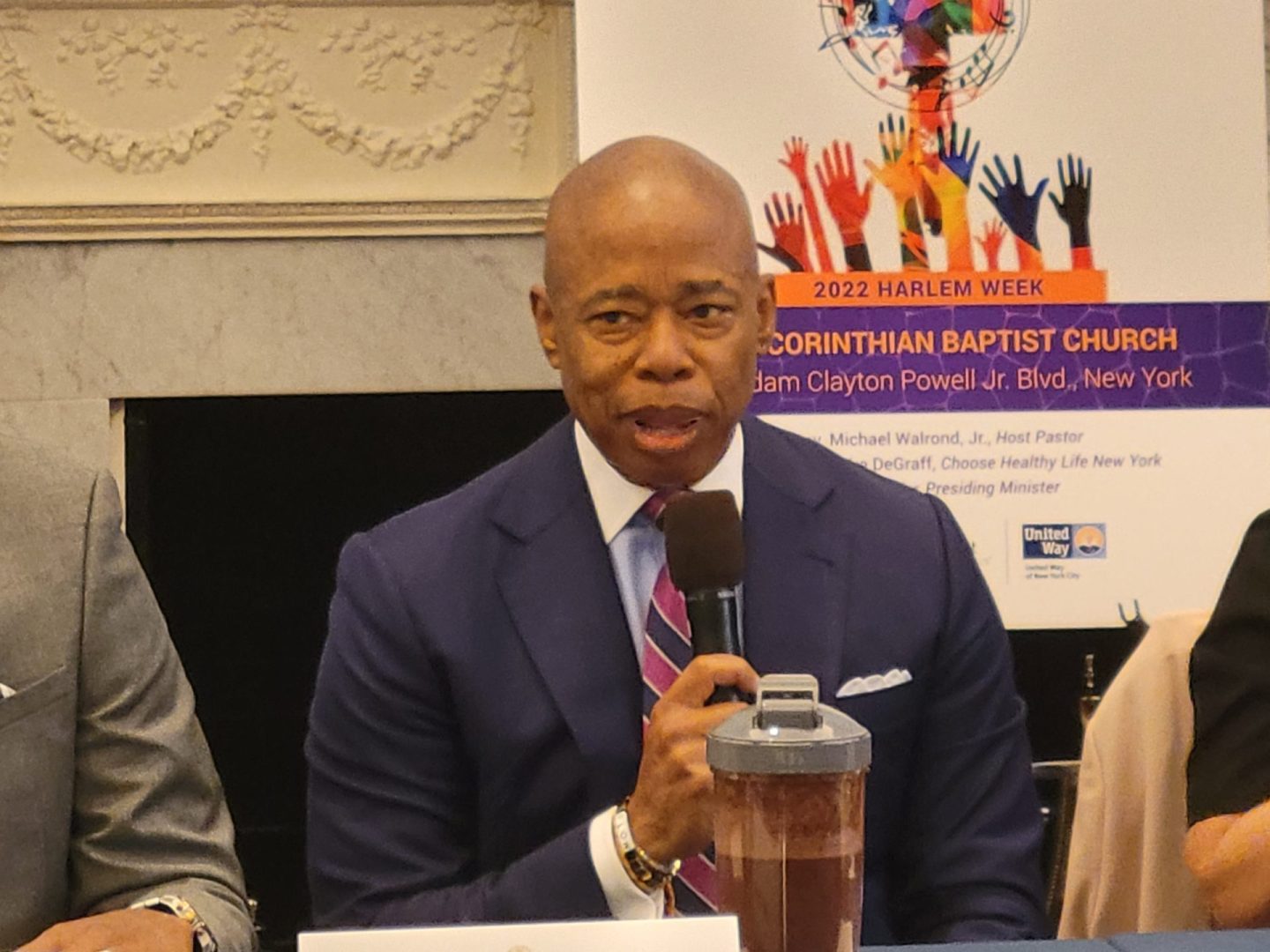A recent television appearance by White House Press Secretary Karoline Leavitt has ignited a firestorm of criticism from historians, political commentators, and social media users who are expressing outrage over a particularly bold historical assertion. Her comments during a Fox & Friends interview have been characterized as a true example of historical revisionism that fundamentally misrepresents centuries of military and diplomatic philosophy.
The controversy stems from Leavitt’s attempt to credit President Donald Trump with originating a military doctrine that has been employed by leaders across multiple civilizations and historical periods. The assertion has prompted widespread mockery and serious academic pushback from scholars who specialize in military history and international relations.
Ancient doctrine attributed to modern president
Leavitt claimed during her television appearance that Trump personally developed the concept of “peace through strength” as both a slogan and foreign policy doctrine during his presidency. She characterized Trump as uniquely understanding this approach to international relations and suggested his administration successfully implemented this original strategy during his first term.
The doctrine in question actually traces its intellectual origins to ancient Rome, where Emperor Hadrian articulated similar principles in the 2nd century. Hadrian emphasized that lasting peace could only be achieved through military preparedness and strong defensive capabilities, including his famous wall construction project along the Roman-British frontier.
American political leaders have invoked variations of this concept throughout the nation’s history, with George Washington expressing similar sentiments in 1793 when he argued that preparedness for war was essential for securing peace. The specific phrase gained particular prominence during Ronald Reagan’s presidency, when it became a central organizing principle of Cold War foreign policy.
Swift and severe public backlash
The response to Leavitt’s historical claims has been immediate and overwhelmingly critical across multiple platforms and constituencies. Social media users have expressed disbelief and frustration with what they perceive as an attempt to rewrite established historical facts for political advantage.
Critics have characterized the assertion as both factually incorrect and politically calculated, representing an effort to enhance Trump’s legacy through false historical claims. Many respondents have emphasized that effective peacekeeping requires diplomatic engagement and international cooperation rather than military intimidation or threats.
The backlash extends beyond casual social media commentary to include serious academic and journalistic criticism of the administration’s apparent willingness to make demonstrably false historical claims in pursuit of political messaging objectives.
Republican party rallies behind disputed narrative
Despite the widespread criticism, Republican leadership has chosen to defend and amplify the administration’s characterization of Trump’s foreign policy approach. GOP lawmakers have issued statements praising Trump’s international leadership while avoiding direct engagement with the historical accuracy questions raised by Leavitt’s comments.
Speaker Mike Johnson and Senator Marsha Blackburn have publicly endorsed the administration’s foreign policy philosophy, with Blackburn specifically emphasizing her belief that peace requires strength. This coordinated support suggests a deliberate political strategy to frame Trump’s approach as both original and effective.
The Republican response represents what critics describe as systematic mythmaking designed to present Trump as a transformative historical figure whose contributions exceed those of previous American leaders.
Historical context and academic concerns
Scholars specializing in military history and international relations have expressed particular concern about the implications of attributing ancient diplomatic concepts to contemporary political figures. The “peace through strength” doctrine has been employed by numerous American administrations to justify military expansion and aggressive foreign policy positions.
Reagan’s administration notably used this principle to support massive military spending increases and the Strategic Defense Initiative during Cold War tensions with the Soviet Union. The doctrine’s historical applications demonstrate its complex relationship with both defensive preparedness and offensive military capabilities.
Academic critics argue that misrepresenting historical precedents undermines public understanding of complex international relations while potentially distorting future policy discussions through false historical foundations.

















